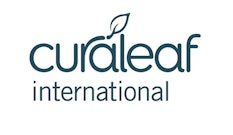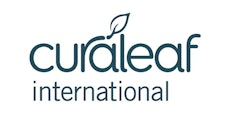
The Mexico Senate approved a cannabis legalization bill Nov. 19, sending it to the lower house of Congress, the Chamber of Deputies, which must now pass the legislation by a Dec. 15 deadline, according to an RTL Today report.
The Senate passed the bill with 18 votes in favor, 18 votes against and seven abstentions, the news outlet reported.
RELATED: Mexico’s Senators Consider Cannabis Legalization Bill
The legislation would legalize the possession of up to 28 grams of cannabis and allow licensed businesses to sell it, while adults would be authorized to grow up to six plants at home, according to RTL Today.
The bill would also establish the Mexican Institute for Regulation and Cannabis Control within the country’s Health Ministry to oversee the adult-use cannabis program.
The Mexico Supreme Court ruled in 2018 that an absolute ban on adult-use cannabis was unconstitutional, which forced lawmakers to pass legislation to regulate cannabis at the federal level.
The Senate considered a bill last year to legalize and regulate cannabis, but when they missed a Supreme Court-imposed deadline to pass the legislation by the end of October 2019, the deadline was extended to April 30, 2020.
After many legislative procedures were suspended in the wake of the COVID-19 pandemic earlier this year, lawmakers asked the Supreme Court to extend the deadline again, and were then given until Dec. 15 to finalize and approve the bill.























